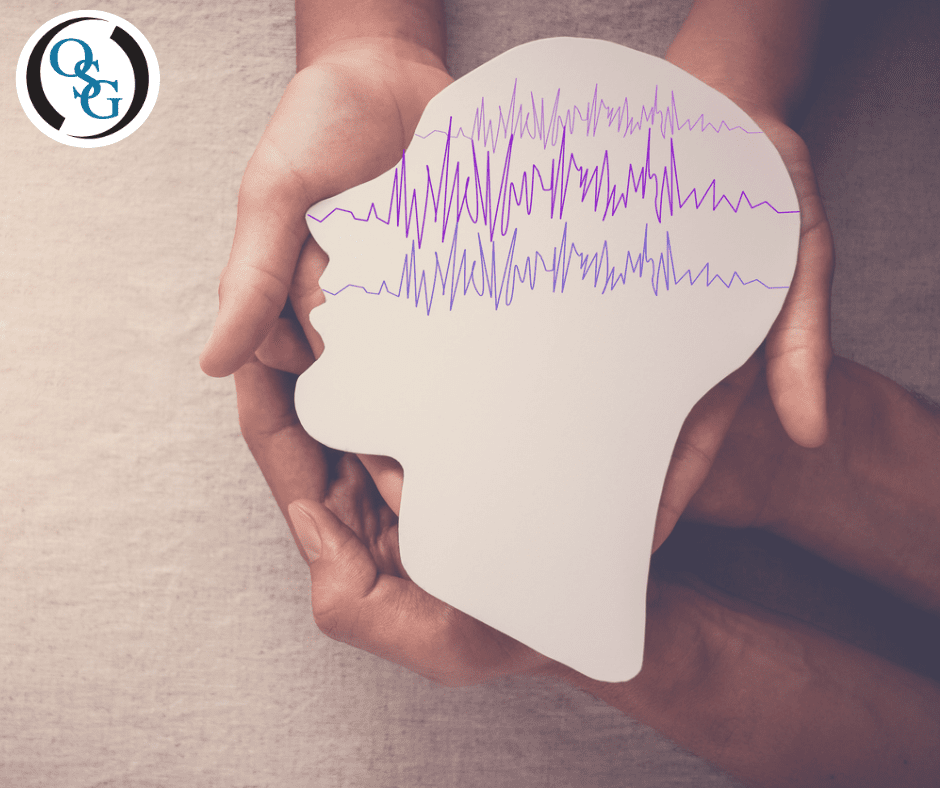
What is Epilepsy?
According to the Epilepsy Foundation, epilepsy is the 4th most common neurological problem faced by humans, and an estimated 48 out of every 100,000 people in the United States develop this condition in their lifetime. In honor of Epilepsy Awareness Day, celebrated on March 26th each year, we want to encourage you to learn more about epilepsy and support individuals with this disorder.
What is Epilepsy?
Epilepsy is a chronic neurological disorder that affects the nervous system and leads to abnormal activity in the brain, resulting in seizures. Seizures, or disturbances in the brain’s electrical activity, can occur at any time and are recurrent. Anyone has the potential to develop this health condition, and the cause is often unknown.
Epilepsy Symptoms
Seizures can occur in any area of the brain, meaning any process your brain coordinates can be affected. Some signs of a seizure include:
- Intense staring
- Temporary confusion
- Uncontrollable jerking of the arms and legs
- Loss of consciousness
- Intense fear and anxiety
Symptoms will vary depending on the type of seizure occurring. Typically, those with epilepsy experience the same kind of seizure each time, meaning the same symptoms will occur for every episode.
Epilepsy Causes
While there is no clear and identifiable cause in about half of the people with this health condition, the other half of individuals may have developed epilepsy due to various factors, including:
- Genetics – Some types of epilepsy, specifically ones occurring in a particular area of the brain, tend to run in families due to a genetic influence. For most people, this familial factor only makes you more susceptible to seizures, and other factors may trigger them.
- Head trauma – Trauma or injury to the head resulting from a car wreck or other accident can cause epilepsy.
- Brain conditions – Brain tumors or strokes are a leading cause of epilepsy for individuals older than 35.
- Infectious diseases – Some of these illnesses include AIDS, meningitis, and viral encephalitis.
- Prenatal damage – Before birth, babies’ heads are very sensitive as they develop. Some instances, including an infection in the mother, poor nutrition, or an oxygen deficiency, can cause the baby to develop epilepsy.
- Developmental disorders – Autism, neurofibromatosis, and other developmental disorders are often associated with epilepsy.
Orthopaedist in Fairfield County
It’s crucial to seek expert medical treatment if you are dealing with problems or pain associated with your bones or joints. Give the professionals at Orthopaedic Specialty group a call at (203) 337-2600 and let us know how we can help you! Don’t let that pain hold you back from living your life. Your health and safety are our top priority.
